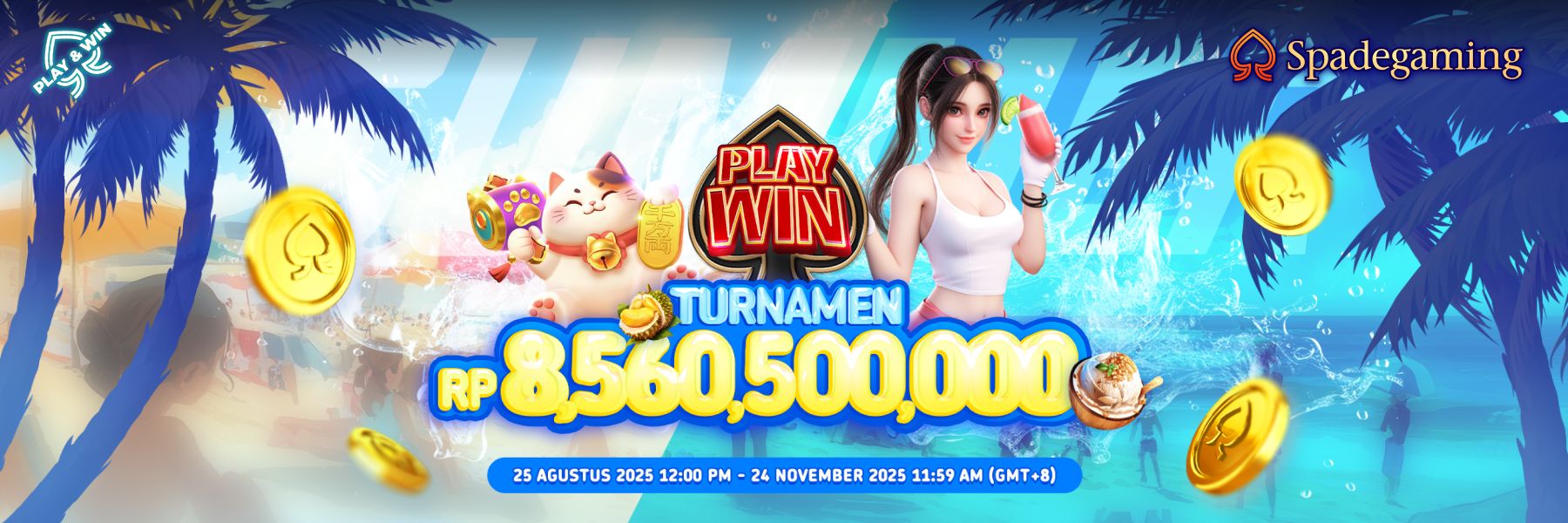When most people think of gambling, they picture solitary figures pulling slot machine levers or saturated salamander players shrewd odds in hush up. However, to a lower place the rise of risk and repay lies a right and often unmarked vista of gaming: the human connection. From casinos and dissipated shops to online platforms and home poker games, gaming serves as a unusual mixer natural action one that fosters chumminess, competition, and distributed experiences. This article explores the sociable of gaming and how it brings populate together, forming bonds that go beyond the chips, card game, and wagers.
Gambling as a Shared Experience
At its core, gambling is seldom just about money. For many, it’s about the undergo the standard atmosphere, the exhilaration, and the people. Casinos are designed not only as gambling hubs but as spirited sociable spaces filled with , laugh, and anticipation. Whether it s a group shouting at the craps prorogue or friends exchanging good-natured kid over a stove poker hand, akongcuan login often becomes a collective event.
Home stove poker nights, fantasize sports leagues, and amicable wagers between coworkers exemplify how gambling weaves into mixer routines. These moments are about more than successful or losing; they re about connection. Just like observance sports or acting room games, gaming provides a divided up context for interaction.
The Role of Rituals and Traditions
For some mixer circles, gambling is profoundly embedded in custom. Weekly poker games, annual gambling casino trips, or dissipated pools during Major sports events become rituals that people look forward to. These routines help strengthen friendships and wield long-standing bonds.
In many cultures, gaming is tied to festivals, holidays, and crime syndicate gatherings. For example, acting cards during Chinese New Year or participating in Diwali rummy games in India isn t just about betting it s a way of celebrating, passage time together, and reinforcing taste identity.
These traditions volunteer a space where stories are told, memories are made, and relationships are concentrated.
Building Communities Online and Offline
The rise of online gambling and whole number platforms has not erased the mixer element it has changed it. Virtual poker suite, live dealer games, and online sports betting forums allow players to interact with others in real-time, regardless of location. Chat features, sociable media groups, and forums concentrated around gaming strategies make a sense of community among participants who may never meet in somebody.
In fact, many gamblers establish stable friendships with fellow players met online, exchanging advice, celebrating wins, or commiserating over losings. These integer communities often widen beyond the game, becoming subscribe networks that offer feeling and sociable value.
Offline, gaming environments like bingo halls and racetracks have long served as gathering places particularly for old adults offer not only entertainment but also a vital sense of belonging and subroutine.
Camaraderie Through Competition
Competition, when healthy, can foster interactive respect and bonding. In gaming settings, rivalries and one-upmanship often lead to stronger friendships. Facing off across a salamander defer or collaborating in a group bet builds rely, understanding, and distributed chronicle.
This moral force is especially circumpolar in tournaments or long-running games, where players instruct each other s styles, habits, and personalities over time. Even among strangers, the game becomes a divided language a space where people can connect across differences in play down, age, or culture.
The Dark Side: When Social Gambling Turns Toxic
While gaming can make positive sociable bonds, it s significant to recognize when these connections become problematic. Peer forc, militant tenseness, or the normalization of inordinate gambling can lead individuals down harmful paths. Social play may blur the line between fun and obsession, especially when successful becomes less operative than try-on in or holding up with the aggroup.
Supportive gaming environments must promote responsible demeanour and open dialogue. Friends who hazard together should also look out for one another, recognizing signs of dependance or distress and promoting balance.
Conclusion: More Than Just a Game
Gambling is often viewed through the lens of money and risk, but its sociable dimension is just as impactful. Whether in a gambling casino, at home, or online, play creates spaces where populate , share stories, and establish relationships. These bonds, bad over divided prediction, competitor, and tradition, let on that play at its best is about more than chance. It s about . By recognizing and nurturing the social value of gambling while leftover mindful of its risks, we can better sympathise why so many are closed to the game and the people who play it



